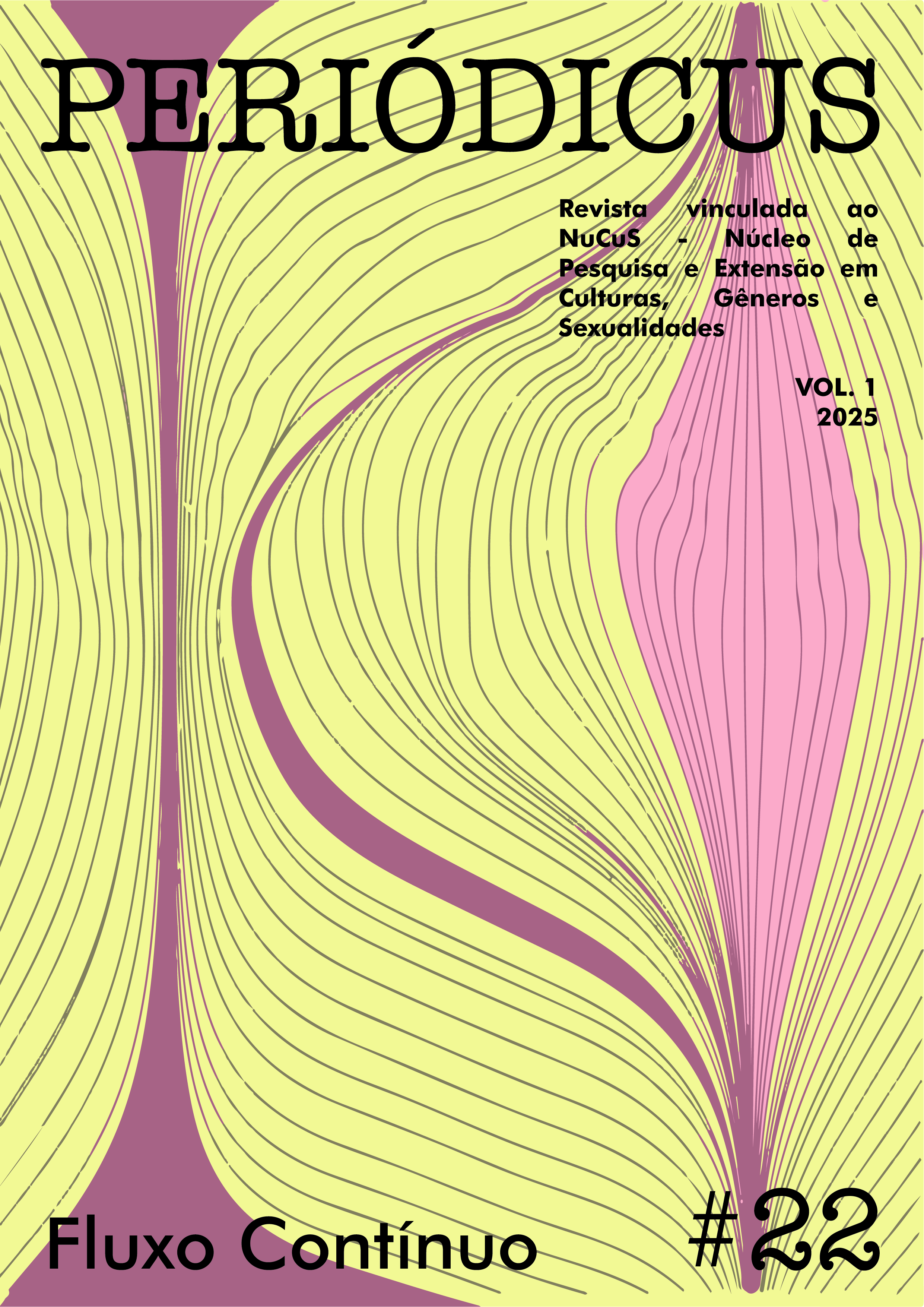Can the psychological clinic listen to a black faggot?
Cartographic experience report
DOI:
https://doi.org/10.9771/peri.v1i22.61630Abstract
This article repositions Gayatri Spivak's question to call on the psychological clinic to question its listening to black fags, based on a critique of its tradition mostly anchored in cis-hetero-centric white colonial matrices. It is a cartographic experience built from clinical encounters with a black queer, whose data were analyzed using Encruzanalysis as a methodological cosmogram that allows the analysis of subjectivation processes in their micropolitical and macropolitical intersections. Clinical listening is thus expanded to capture transits and intersections between themes such as racism and homophobia, loneliness, objectification and sexualization, in addition to active resistance as an aesthetic-political dimension of confronting intersecting oppressions. The clinical experience goes beyond the merely individual dimension and opens up room for questions about the role of the psychological clinic with LGBTQIAP+ people.
Downloads
Downloads
Published
How to Cite
Issue
Section
License
Copyright (c) 2025 Deivison Warlla Miranda, Antônio Vladimir Félix-Silva

This work is licensed under a Creative Commons Attribution-NonCommercial 4.0 International License.
Authors who publish in this journal agree to the following terms:
Authors retain copyright and grant the journal the right of first publication, with the work simultaneously licensed under a Creative Commons Attribution Noncommercial License that allows the work to be shared with acknowledgment of authorship and initial publication in this journal, but prohibits commercial use.
Authors are authorized to enter into separate additional contracts for non-exclusive distribution of the version of the work published in this journal (e.g., publishing in an institutional repository or as a book chapter), with acknowledgment of authorship and initial publication in this journal.
Authors are permitted and encouraged to publish and distribute their work online (e.g., in institutional repositories or on their personal website) at any point before or during the editorial process, as this can generate productive changes and increase the impact and citation of the published work (see The Effect of Open Access).








